
What is the AWS Solutions Architect Associate Certification?
The AWS Certified Solutions Architect – Associate is a widely recognized certification offered by Amazon Web Services (AWS). It validates a professional’s ability to design and deploy scalable, cost-effective, and secure applications on the AWS cloud platform. This certification is ideal for individuals with some experience in cloud computing who want to deepen their knowledge and demonstrate their expertise in AWS architecture.
Candidates are tested on various core concepts, including designing resilient architectures, choosing appropriate AWS Training based on requirements, and understanding best practices for security and cost optimization. The certification also emphasizes how to build reliable and high-performing systems using AWS tools and services like EC2, S3, RDS, VPC, and more.
To prepare, learners often take online courses, review official AWS whitepapers, and gain hands-on experience through the AWS Free Tier. While there are no formal prerequisites, having at least one year of hands-on experience with AWS is recommended.
Earning this certification enhances a professional's credibility in the job market and opens doors to roles such as cloud architect, solutions engineer, and cloud consultant. It’s a great starting point for building a long-term career in cloud computing with AWS.
Selecting the Right AWS Services for a Solution
Choosing the right AWS services is a critical part of designing effective cloud solutions. With a wide range of tools available, AWS allows architects to tailor infrastructure based on performance, cost, security, and scalability needs. The key to selecting the right services lies in understanding the business requirements and aligning them with AWS capabilities.
Key Points
Understand Requirements:
Define business goals, technical needs, and workload characteristics.
Determine key factors: scalability, cost, performance, and security.
Compute Services:
Amazon EC2 – For customizable virtual machines.
AWS Lambda – Ideal for serverless, event-driven computing.
Elastic Beanstalk – For quick deployment of web applications.
Storage Options:
Amazon S3 – Best for scalable object storage.
Amazon EBS – Block storage for use with EC2.
Amazon EFS – Scalable file storage for Linux workloads.
Database Services:
Amazon RDS – Managed relational databases (e.g., MySQL, PostgreSQL).
Amazon DynamoDB – NoSQL, low-latency performance.
Amazon Aurora – High-performance managed relational database.
Networking & Security:
Amazon VPC – Create secure, isolated cloud networks.
AWS IAM – Manage user access and permissions securely.
Amazon Route 53 – Domain registration and DNS routing.
Scalability & Availability:
Auto Scaling – Automatically adjust compute resources.
Elastic Load Balancing – Distribute traffic across instances.
Amazon CloudFront – CDN for faster content delivery.
Best Practice:
Match services to specific use cases.
Optimize for cost, reliability, and future growth.
Recognition in the Cloud Industry
Cloud computing has transformed the IT landscape, and professionals with cloud expertise are in high demand. Recognition in the cloud industry often comes through certifications, hands-on experience, and contributions to successful cloud projects. Major providers like AWS, Microsoft Azure, and Google Cloud offer certifications that validate skills and boost credibility in the job market.
Earning a certification like AWS Solutions Architect – Associate demonstrates a deep understanding of cloud architecture and best practices. This recognition not only helps professionals stand out but also opens doors to higher-paying roles and leadership opportunities.
Beyond certifications, contributing to open-source projects, writing technical blogs, or speaking at cloud events can further establish a professional’s presence in the cloud community. As businesses increasingly adopt cloud technologies, recognized professionals play a key role in driving innovation, ensuring scalability, and maintaining secure infrastructure in dynamic environments. Recognition ultimately leads to trust, career growth, and long-term success.
Certification is Valuable but Hands-On Skills Matter Most – Key Points
Certifications Validate Knowledge
Demonstrate commitment to learning and professional growth
Help attract attention from recruiters and hiring managers
Offer a structured way to understand cloud fundamentals
Hands-On Experience Builds True Expertise
Reinforces theoretical knowledge through real-world application
Prepares you for practical challenges and complex scenarios
Improves your ability to design, build, and troubleshoot cloud systems
Familiarity with Tools and Services
Working with AWS services (e.g., EC2, S3, IAM) builds confidence
Real-world use of CLI, SDKs, and Infrastructure as Code is essential
Problem Solving and Debugging Skills
Practical experience sharpens your troubleshooting abilities
Teaches you to handle errors, performance issues, and system failures
Best Approach: Combine Both
Pair certifications with hands-on labs, real projects, or sandbox environments
Use resources like AWS Free Tier, GitHub, and learning platforms
Employers Look for Applied Skills
Certifications may open doors, but experience ensures long-term success
Keep learning and stay updated: Aws certified solutions architect associate course

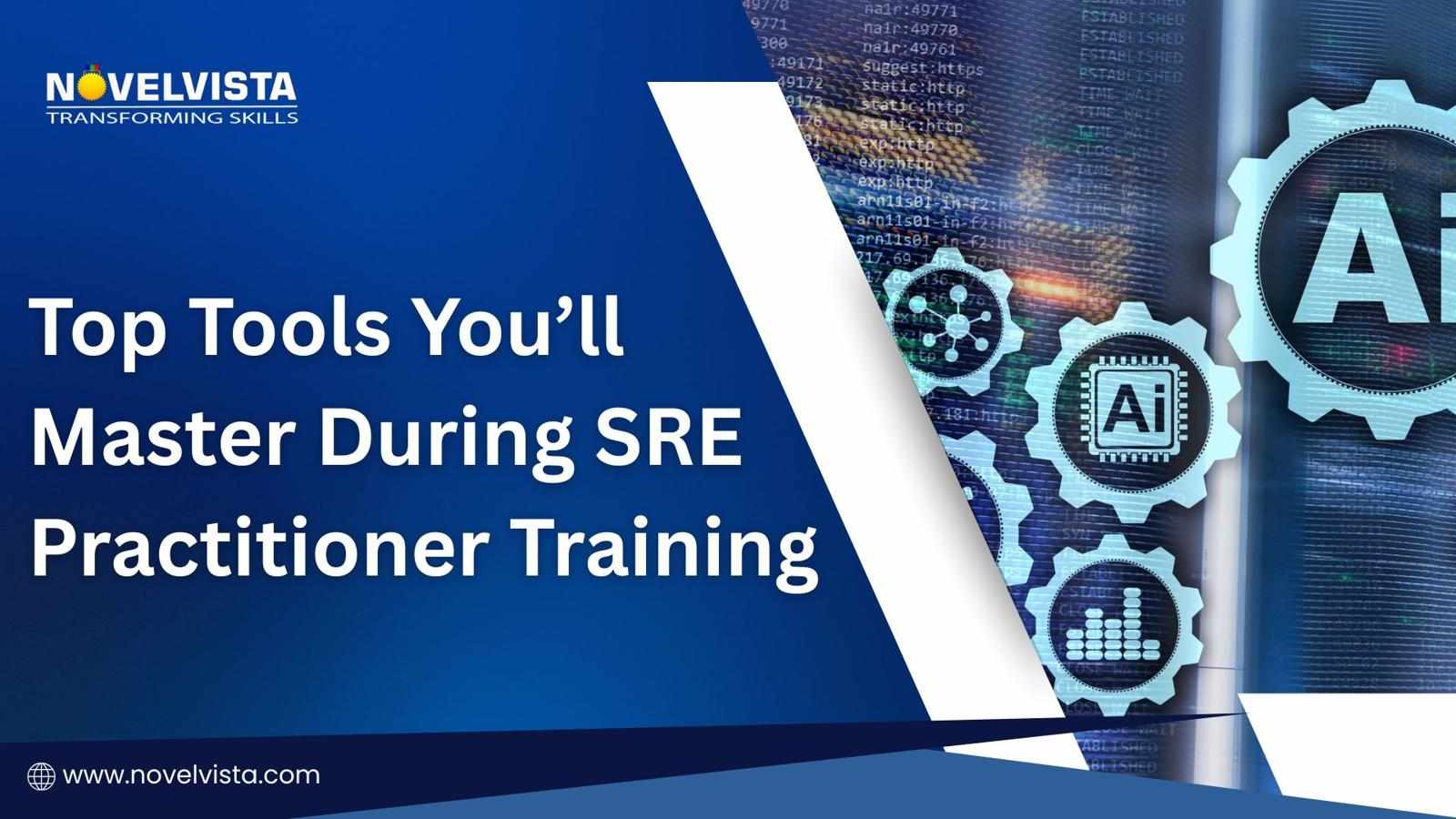


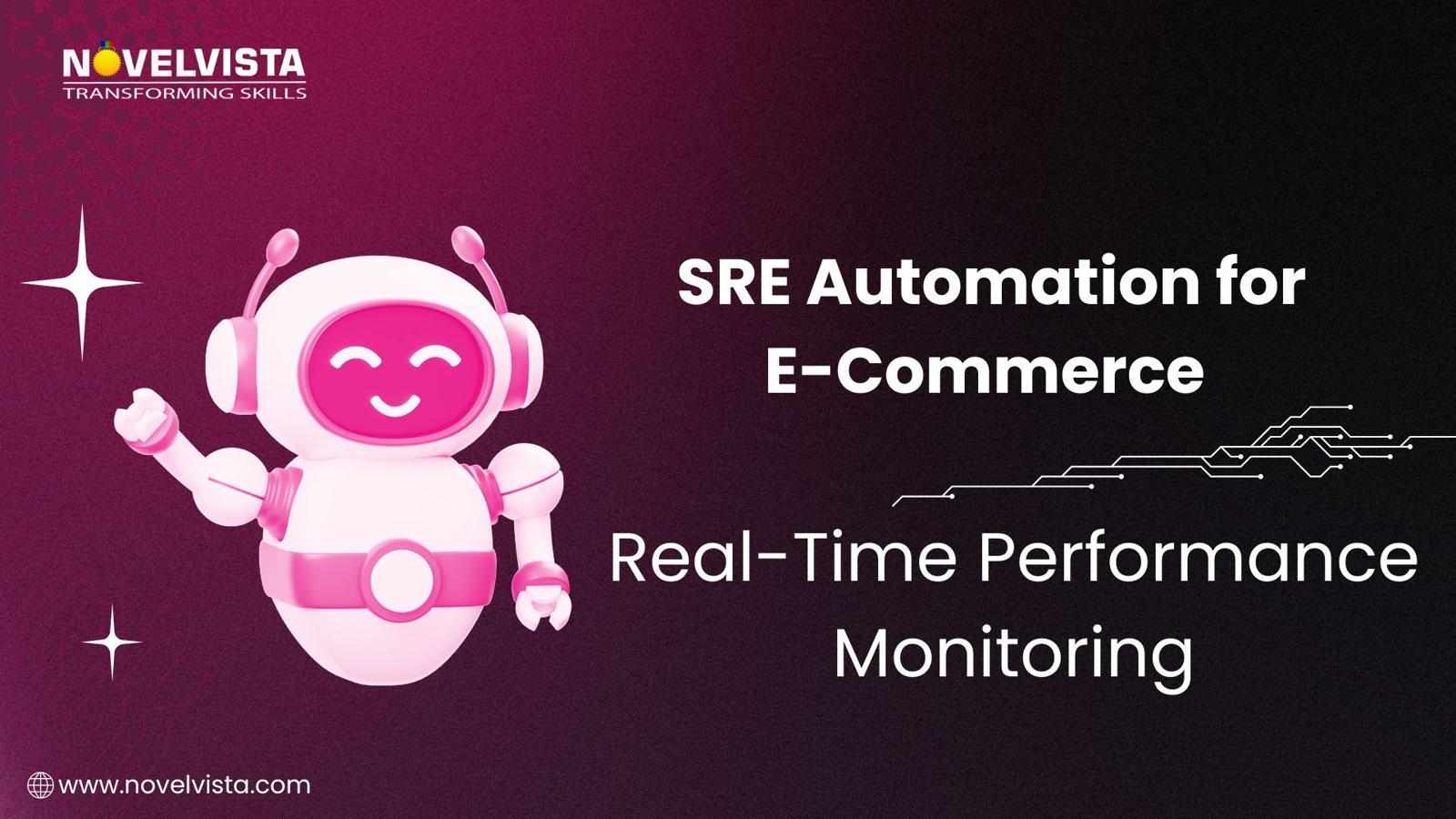
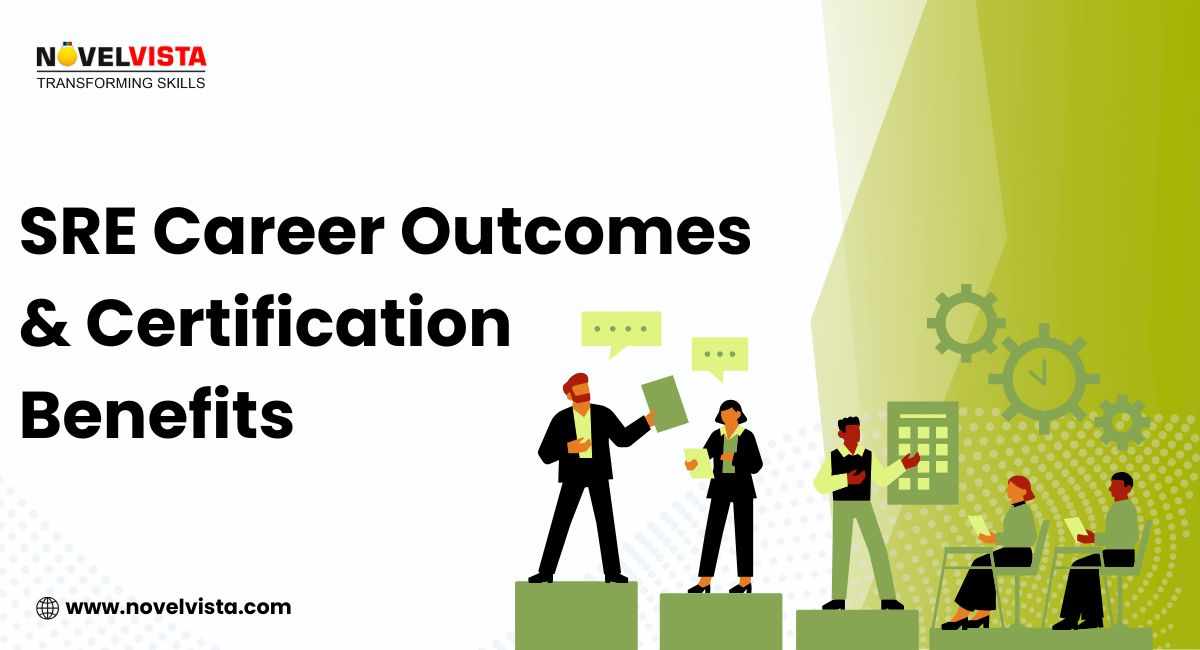
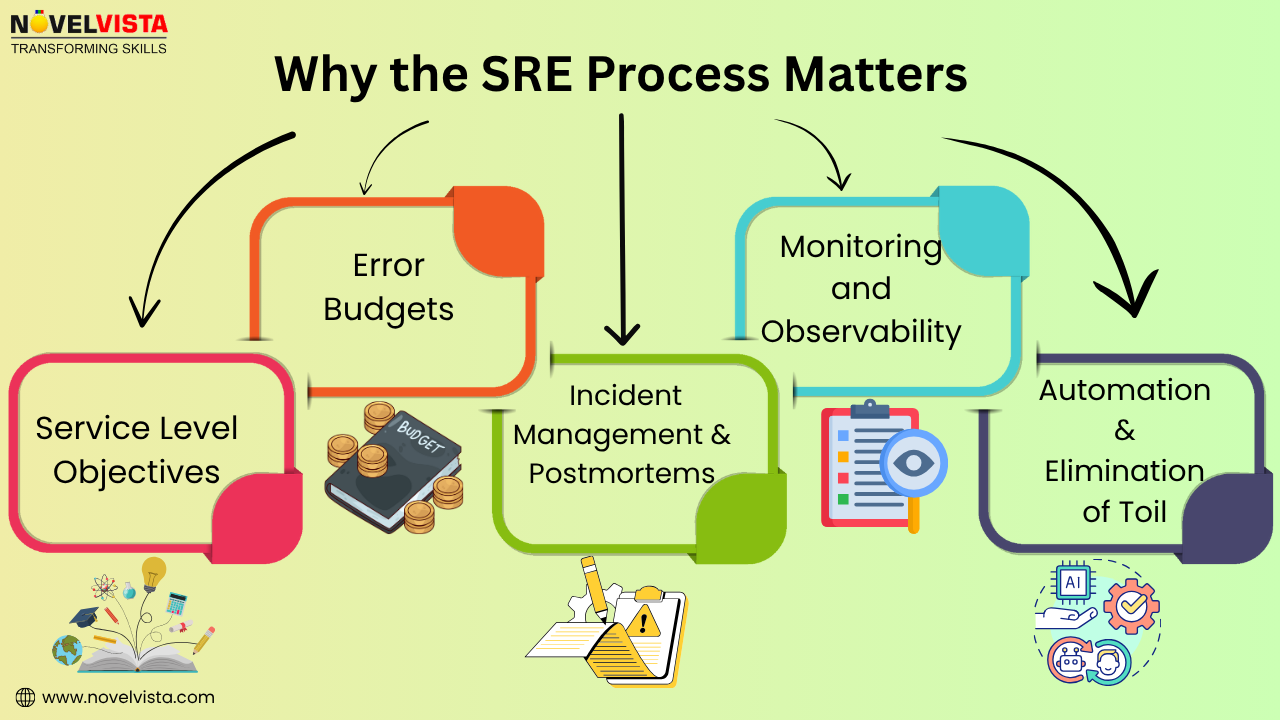
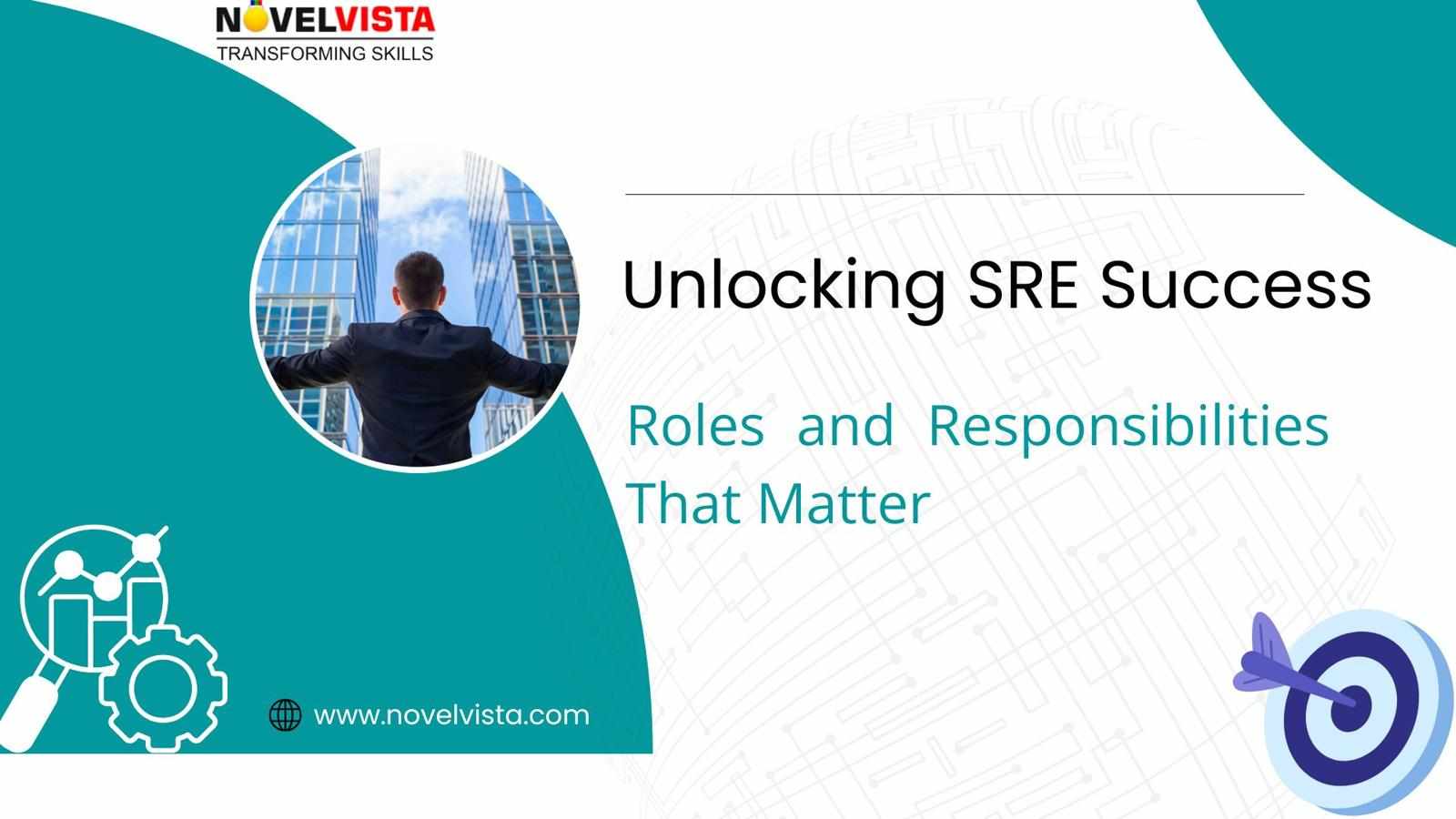

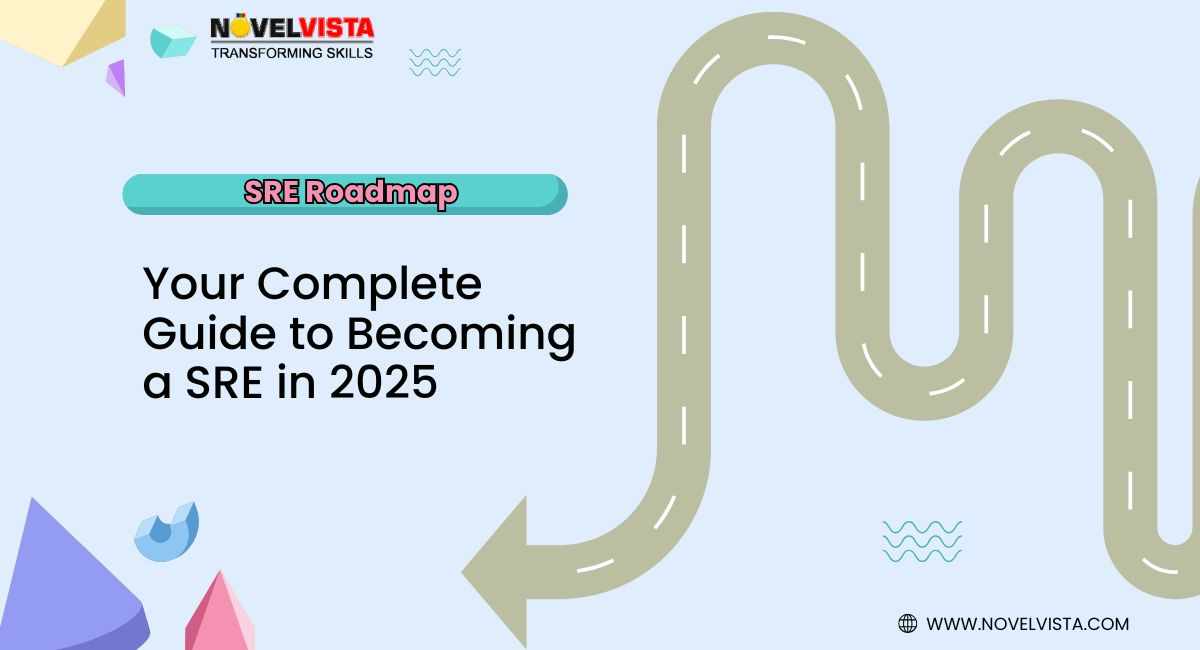










Write a comment ...